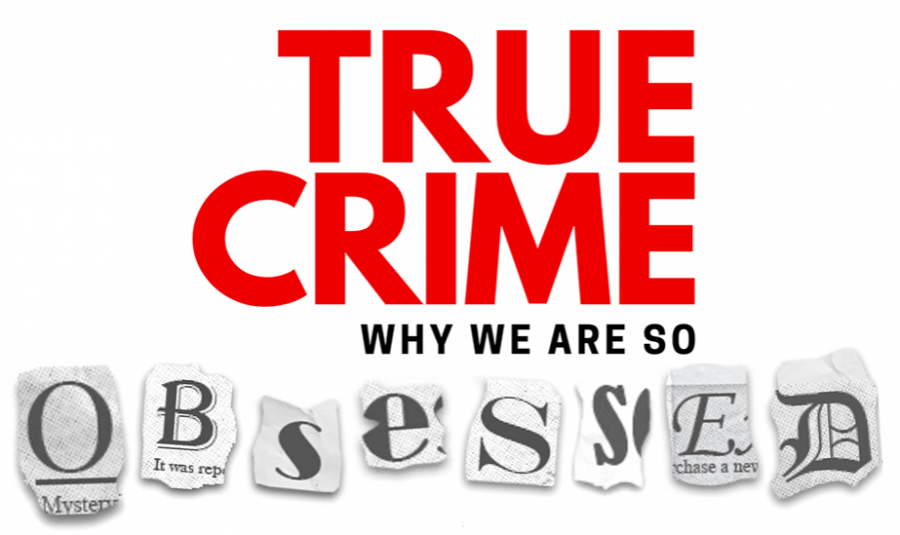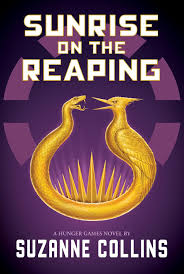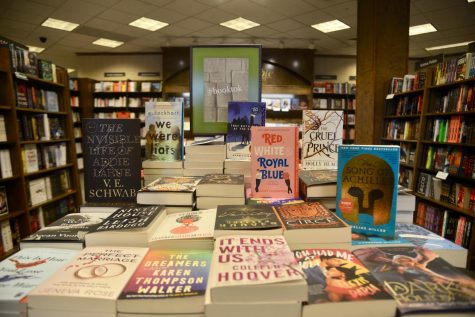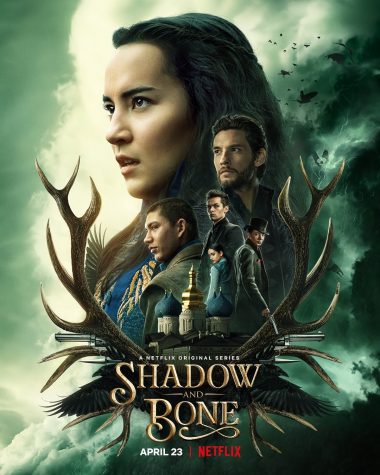Why Are We So Obsessed With True Crime?
True crime has gain extreme popularity over the years, but many wonder why that is the case and if there are any dark secrets behind why people enjoy it.
By Erica Niehoff
From Netflix’s “Extremely Wicked, Shockling Evil and Vile” and “Mindhunter”, Buzzfeed’s “Unsolved”, and to thousands of podcasts, documentaries, and horror story YouTubers, Crime has always been on the news and sometimes in our own neighborhoods. Throughout the 2000’s, true crime stories have been on the popularity rise and have struck the interests of many. Now YouTube, Netflix, HBO, Spotify, and books all share the stories of true crimes.
For some reason, evil acts fascinate us, and help comprehend why someone would do such a thing. It might be because society are so used to horrible acts of violence, and there is a consistent effort to further understand people’s thought processes when they commit these acts of violence and evil. People are drawn to the tension between good and bad, and the bad for some reason is so interesting. “We want some insight into the psychology of a killer, partly so we can learn how to protect our families and ourselves,” Lost Girls author Caitlin Rother told Hopes & Fears, “but also because we are simply fascinated by aberrant behavior and the many paths that twisted perceptions can take.”
Not only but it’s one of those horrible things that you can’t look away from, like a car or trainwreck. “Serial killers tantalize people much like traffic accidents, train wrecks, or natural disasters,” Scott Bonn, professor of criminology at Drew University and author of Why We Love Serial Killers, wrote at TIME. “The public’s fascination with them can be seen as a specific manifestation of its more general fixation on violence and calamity. In other words, the actions of a serial killer may be horrible to behold but much of the public simply cannot look away due to the spectacle.” The heinous crimes interest many because hearing about these stories is horribly fascinating.
Not only this but hearing about these events can also make someone feel prepared if it were (god forbid) to happen to them. The rumors of egg yok on your windshield or checking your kid’s Halloween candy help people feel prepared if they find themselves in this situation or to help avoid it. “Mentalfloss” states that “studies of true crime have shown that people tend to focus on threats to their own wellbeing. Others have noted that women, in particular, seem to love true crime, and psychologists believe it’s because they’re getting tips about how to increase their chances of survival if they find themselves in a dangerous situation.” Research also shows that stories that appeal to women tend to have details like survival or escape techniques and feature female rather than male victims. Bustle also states, “’ Curiosity motivates us from a survival drive,” explains Dr. Harrison. “When we learn about, and understand lethal phenomena, we can hopefully avoid it.” Something in your brain wants to understand true crime on an educational level: if you were in the same situation, what would you do, and how would you get out unscathed?”
It’s also believed that paying attention to the smallest things can help us avoid situations or help report them as suspicious and stop them from happening. Being more aware of your surroundings can help and notice any suspicious behavior that can unknowingly help save someone’s life.
True crime also helps people become more grateful. You can be anyone and be put into this situation. Reading about these horrible acts give the reader a reason to be grateful that they did not experience this. No matter how horrible our life seems, at least we are alive and not brutally murdered. That fact can really help ground people and can have them forget our problems and sympathize with the victim. Not only this but even for the perpetrator, we can feel grateful that we’re not them. Knowing that they were acting on impulse or have something mentally wrong with them, people can begin to appreciate how we handle situations.
The horrible details of how the crime was done can also help solve future cases. It’s so interesting finding how they were caught or how they picked their victims. Knowing this information can help people further their research to help prevent or solve future crimes. Also being told the story can also help one work on their detective skills to try to figure out who did it and why.
True crime is the same as horror movies, where people want to be scared, but know that they are safe in their environment. Understanding that one lies conformably on a coach while watching a scary movie helps one to be grounded and actually enjoy the story instead of being scared. People like the thrill and adrenaline that comes with it, but obviously would not want to be put in that situation.
Curiosity of events, especially graphic details, gives the reader a sense of dark interest in the topic. The extreme interest in how someone could do such violent and evil acts, can lead people to become obsessed with true crime stories. Putting the puzzle pieces together can give people an enjoyment factor to see if they solve it right. Knowing that these events are true, leads people to begin to hate the world even more. However, with more instances comes more research, leaving other cases to be solved. Overall, true crime has struck the interests of many for their intriguing story lines, and the thirst for understanding these deeply disturbing events.

Erica Niehoff is a senior at West Morris and the Broadcast Editor for the Mendham Patriot. She loves creating art and watching movies and tv shows...










